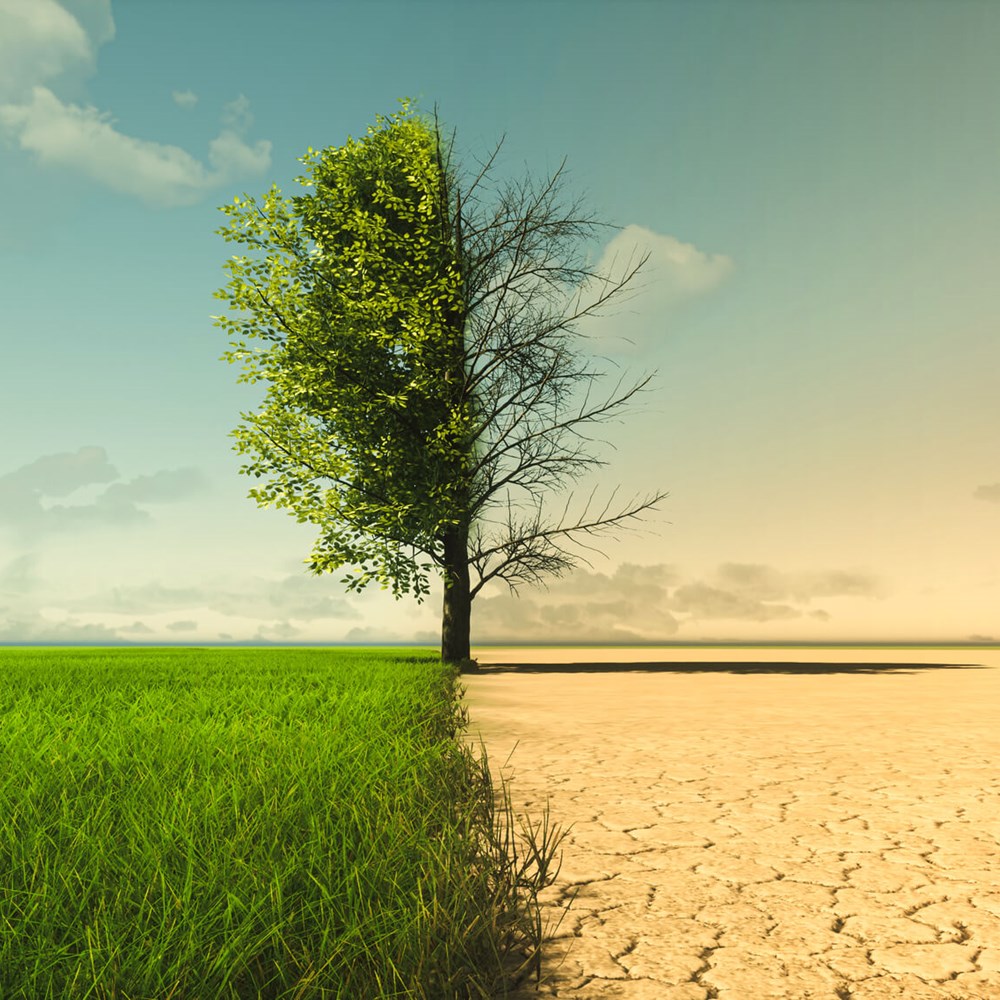In the current age we are living, climate change has shifted from an impeding threat to an urgent crisis that should not be taken lightly. The way we source for materials and consume our planets ever shrinking resources needs to change now rather than tomorrow.
The concept of sustainability is now very present on discussion’s tables of several organizations across the globe. In the minds of many businesses leaders sourcing from sustainable sources is a pivotal strategy to secure long term success for their organizations, and positively tackle the many challenges climate change pose for our planet, economies, and society.
Human Activity is Greatly Accelerating Climate Change
You just need to turn on the news to see with your own eyes that our world is currently struggling with the serious consequences of climate change. From the wildfires in Canada that have scorched a staggering 25 million acres of land alone this year, to the extreme floods in India last month, where the surging Yamuna River reached the outer walls of the Taj Mahal for the very first time in 45 years and caused thousands of people to be relocated from their homes.
But climate change is causing much more than extreme weather events, it’s causing rising sea levels, the loss of the biodiversity of our planet, and is also affecting our economies, communities, and ecosystems on a global scale.
The connection between human activities, particularly those involving resource extraction and consumption, is undeniably exacerbating all these climate-related issues.
Environmental Degradation and Resource Depletion is Certain at this Point
Traditional methods of sourcing resources have often involved practices that would destroy entire ecosystems and cause great ecological damages.
Deforestation of thousands of acres for timber, mining unrelentingly for minerals and ores, drilling for fossil fuels, non-stop farming, and agriculture, have all led to the destruction of many habitats, to soil erosion, air and water pollution, and the disruption of extremely delicate ecosystems.
These practices not only contribute to climate change through the release of greenhouse gases and the loss of carbon sinks, but also compromise the resilience of the environment to adapt to changing conditions.
Indeed, the matter is becoming increasingly dramatic. As evidence, this year's Earth Overshoot Day occurred on August 2nd. To clarify, Earth Overshoot Day marks the point in time when the planet is unable to renew its accessible resources for the remainder of the year. This milestone has been documented since 1971, when we began utilizing the Earth's resources on borrowed time during the final days of the year.
What we all must take into serious consideration is that our planet has a limit, a threshold, and once that is surpassed all businesses no matter the industry, will simply cease to exist.
The Promise of Sustainable Sourcing
Sustainable sourcing is the responsible acquisition of resources that ensures ecological balance, social equity, and economic viability.
This approach takes into consideration all the long-term impacts of resource extraction and production, while striving to minimize any harm done to the environment, and to support local communities.
But let’s walk through the compelling reasons why sustainable sourcing has a vital role in the current climate change era.
Reduced Carbon Footprint
Sourcing from sustainable sources entails selecting materials and products with lower carbon footprints.
Industries that rely heavily on non-renewable resources and high energy consumption processes contribute significantly to global carbon emissions. Businesses that choose to opt for sustainable alternatives like renewable energies, the use of recycled materials, and that adopt eco-friendly production methods, can drastically reduce their overall carbon footprint, aligning themselves with global climate goals and helping to mitigate the effects of climate change.
Preservation of Biodiversity and Ecosystems
Sustainable sourcing acknowledges the intrinsic value of the biodiversity in our planet, and the fragile balance within ecosystems.
Unsustainable sourcing practices can lead do deforestation, habitat destruction, and the depletion of critical resources. Embracing sustainable sourcing helps protect vital ecosystems, ensuring that wildlife and plant species can thrive amidst changing environmental conditions.
Improved Resilience in Supply Chains
As already mentioned in this article a direct effect of climate change is the unpredictable weather patterns and more frequent natural disasters that can disrupts supply chains from day to night.
Industries that rely heavily on a limited number of suppliers or resources are particularly vulnerable to this nefarious effect. Sustainable sourcing encourages supplier diversity, reducing the dependence on a single source and enhancing businesses resilience and adaptability.
Improved Community Resilience
The communities around the globe that are dependent on resource extraction, are particularly vulnerable to the impacts of climate change.
Sustainable sourcing practices often involve working closely with local communities, respecting their rights, providing them with fair wages, and creating alternative livelihood opportunities.
This approach not only safeguards the well-being of these communities but also enhances their capacity to cope with any climate related challenges.
Being In Tune with Global Climate Goals
International agreements like the Paris Agreement signal the urgent need for a global collective action to combat climate change.
By embracing sustainable sourcing, nations, industries, and organizations can make substantial contributions to the planetary scale efforts, that are looking to limit temperature rise and mitigate the worst impacts of climate change.
A Conclusion to Save our Planet
Sourcing for resources and materials from eco-friendly origins is no longer just a decision, it's a necessity and the only way to truly mitigate climate change, conserve our natural resources, and help protect our planets biodiversity.
Only through the adoption of sustainable sourcing practices, can we truly build a robust future that not only alleviates shifts in the environment but also nurtures a balanced rapport between mankind and our planet.













